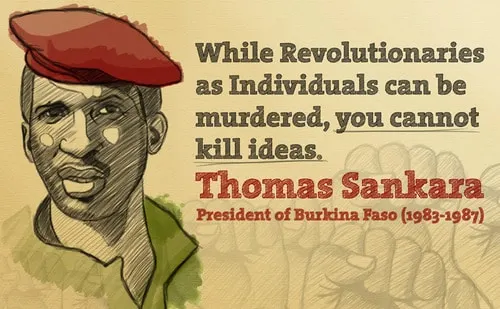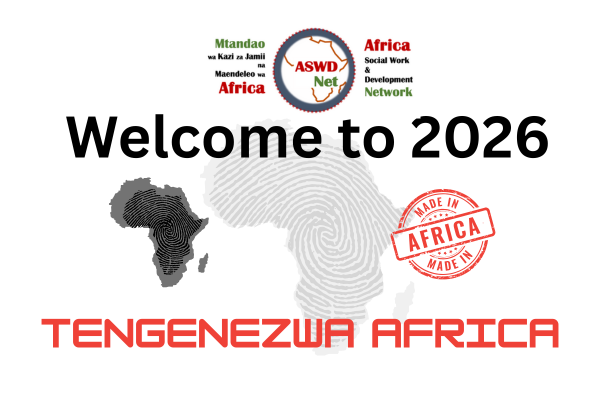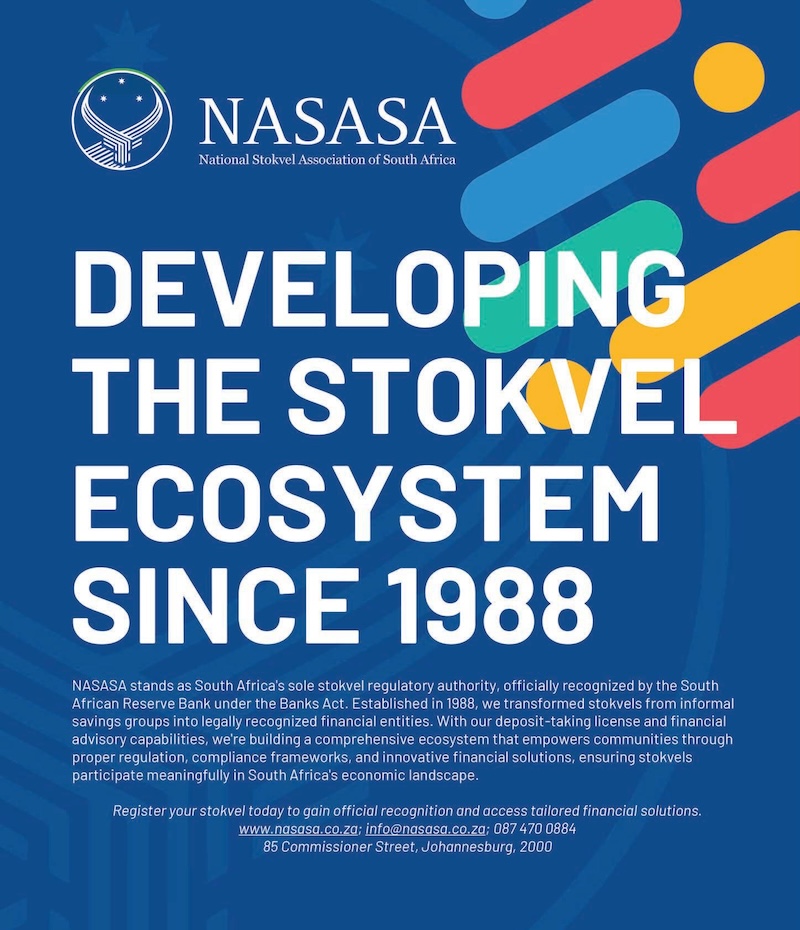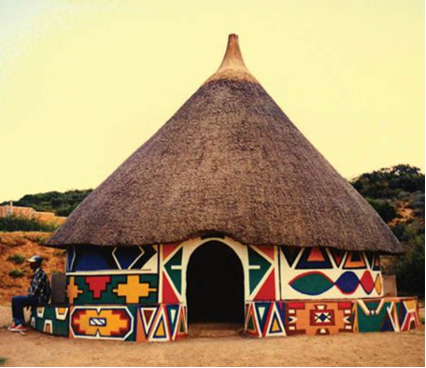
Sankarism – Thomas Sankara’s idea of development and implications for social work

Sankarism refers to the ideologies of Thomas Sankara, a Burkinabé military officer, revolutionary and Pan-Africanist. Sankara was Burkina Faso’s head of state from 1983 (coup) to 1987 (assassination). Upon taking power, he changed the country’s name from Upper Volta to Burkina Faso, meaning, Land of the Upright People. His mission was clear – to develop the country, free his people from white domination and lift his people from poverty.
While revolutionaries as individuals can be murdered, you cannot kill ideas.
Sankara, 1987
Sankara ideals and work
- Self-reliance- “Our country produces enough to feed us all. Alas, for lack of organization, we are forced to beg for food aid. It’s this aid that instills in our spirits the attitude of beggars.” – Sankara. “The one who feeds you usually imposes his will upon you.” He refused aid packages from the International Monetary Fund because they came with strings attached.
- Land distribution from landlords to peasants for self-reliance and self-sufficiency. These goals were within four (4) years and the country had surplus.
- Mechanisation through irrigation
- Value-addition e.g. not export all cotton but process it.
- Social welfare – feeding, housing and medical care for the poor. For example, 2.5 million people were vaccinated in just one week against polio, meningitis and measles.
- Infrastructure – built roads and rail.
- Ecological/environmental development – over 7000 village tree nurseries created, millions of trees planted, dams/reservoirs built, production of organic fertilizers by farmers and soil erosion prevention.
- Mass education to reduce illiteracy from 90%.
- Women’s rights – many women in government positions, outlawed genital cutting, polygamy and forced labour.
La patrie ou la mort, nous vaincrons! | Homeland or death, we will win!
Sankara’s government slogan
Programs that did not do well
- Education because he did not pay teachers very well. This led to strikes and removal of over 2500 teachers. His solution was to have degreed Revolutionary Teachers who were trained within 10 days. The education system failed.
- Removing African community and societal leaders.
Lessons for social work and development
His revolutionary development proved that traditional economic development theories of aid and modernization were useless in the African context. For social work, the main lessons are on the role of people in development, the need for developmental approaches that are empowering and the role of the government in reducing expenditure, eradicating corruption and effective developmental agenda. Another important lesson is on decolonisation, land ownership, gender equality and environmental protection.
Sankara was killed over 30 years ago but he continues to inspire Africans, particularly in relation to self-determination but also African identity and revolutionary development more generally.
Burkina Faso today
The country Sankara left has had numerous challenges, the main one being to break the colonial yoke imposed by France and to take its people out of poverty. Other problems are militant attacks and political instability. The current President is Ibraham Traore, who is young, 35 years, and is from the military. Like Sankara, Traore is focused on development and sees a firmer foundation of development in decolonisation.
Use the form below to subscibe to Owia Bulletin.
Discover more from Africa Social Work & Development Network | Mtandao waKazi zaJamii naMaendeleo waAfrika
Subscribe to get the latest posts sent to your email.




You must be logged in to post a comment.